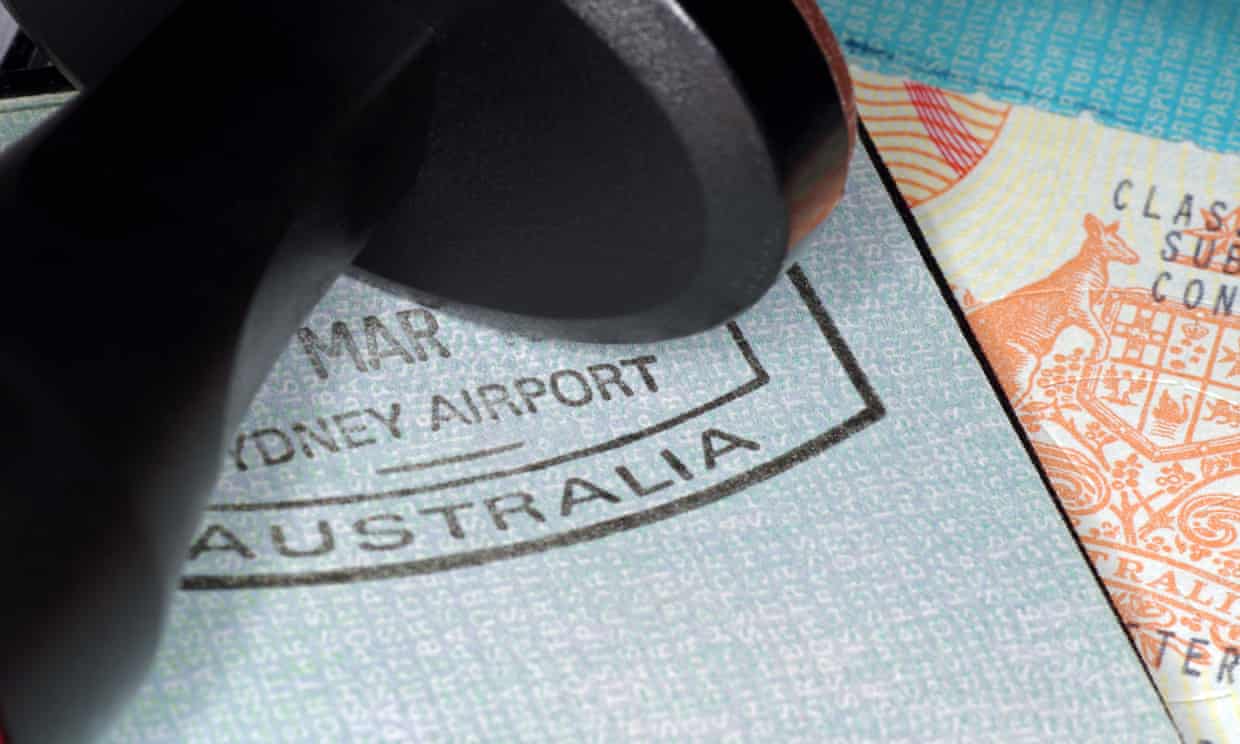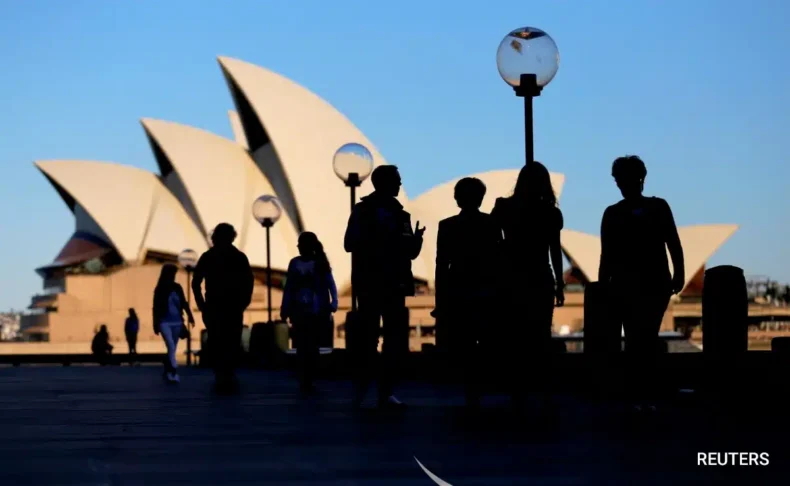Australia, with an older population aggravating the rise in demand, has been contending with similar nations like Canada and Germany to allure further professed workers.

On Thursday, Australia suggested changing its immigration policy to expedite the entry of largely educated workers and to make it easier to get endless status.
The points test, which is now used to choose professed emigrants, will be changed, according to the Civil Labour Administration, to identify those who have the skill sets that Australian frugality will need in the future.
The administration promised to streamline and simplify the highly- professed professional visa operation process while also taking enterprise to keep overseas scholars in the country.
By the end of this time, O’Neil said, temporary professed visa holders who had preliminarily been refused indeed the chance to seek endless occupancy will be suitable to do so. still, she claimed, it will not increase Australia’s monthly affluence of endless settlers.
Australia’s New Immigration Reforms
In order to help businesses dealing with severe staff dearths, Australia increased its periodic input of endless settlers by 35,000 to 195,000 in September. They also promised to increase staffing and coffers to expedite the visa operation process.
The government blazoned it would increase the migratory pay threshold for temporary professed workers fromA$ 53,900, which had remained at the same position since 2013, toA$ 70,000($ 46,250), effective July 1.

The government claimed that since 90 per cent of full-time jobs in Australia are now paid above the legal minimum, migratory workers are being exploited.
According to a major analysis, Australia’s “broken” immigration system encourages 1.8 million foreign workers to remain “permanently temporary” due to tough immigration cap laws.
The home affairs minister, Clare O’Neil, will unveil the migration review on Thursday. It asks for “major reform” and cautions that perfecting Australia’s immigration system” can not be achieved by further tinkering and incrementalism.”
What does the assessment say?
Although it’s still unknown how important the study will be espoused by the Albanese government, a piece that was made public previous to O’Neil’s speech at the National Press Club suggested that it would be pushed to do down with skill lists, permit further people to work in minding professions and address the long delay times for family visas.
The assessment recommended “smooth and predictable migration” to make structure planning easier.
While “consecutive governments” have set limits on endless migration, which are presently 195,000, it was stressed that “the temporary emigrant cohort has been demand driven and has doubled in size since 2007 and stands at1.8 million people.”
The assessment stated that it was “delicate to imagine” that Australians would freely accept a system “akin to migrant workers seen in some other countries.”
According to the assessment, the increase in “permanently temporary migration” had harmed settlers and Australia while also undermining public trust in the immigration system.
Assessment Finds Australia’s Immigration Policy Inadequate, Tough Choices Ahead for Political Parties.
The Coalition has boosted charges on the government for pursuing a “big Australia,” and while Labour was in opposition, it was relatively critical of temporary migration. Still, the volition, boosting endless migration, would be politically tough.
According to the assessment, commercial backing programmes and skill lists “warrant a strong substantiation base” and are out-of-date.

It stated there was” growing transnational competition for largely professed settlers” and that Australia stood the threat of falling before. There’s substantiation of a developing labour deficit in lower-paying occupations, particularly in the care sector.” Australia lacks an unequivocal migration policy fastening on lower-paid workers and has taken an incremental approach that isn’t meeting our requirements or guarding vulnerable migratory workers.”
One of the main objectives of unions at the Jobs and Chops peak was to raise the payment threshold for temporary professed settlers from$ 53,000 to$ 91,000, while employers protested in favour of an increase to roughly$ 60,000.
As a result of the review’s conclusion that the current approach to determining labour request needs is inadequate to ensure that migratory workers are used to completing and not displacing domestic workers, it was also suggested that labour request testing might be abandoned.













